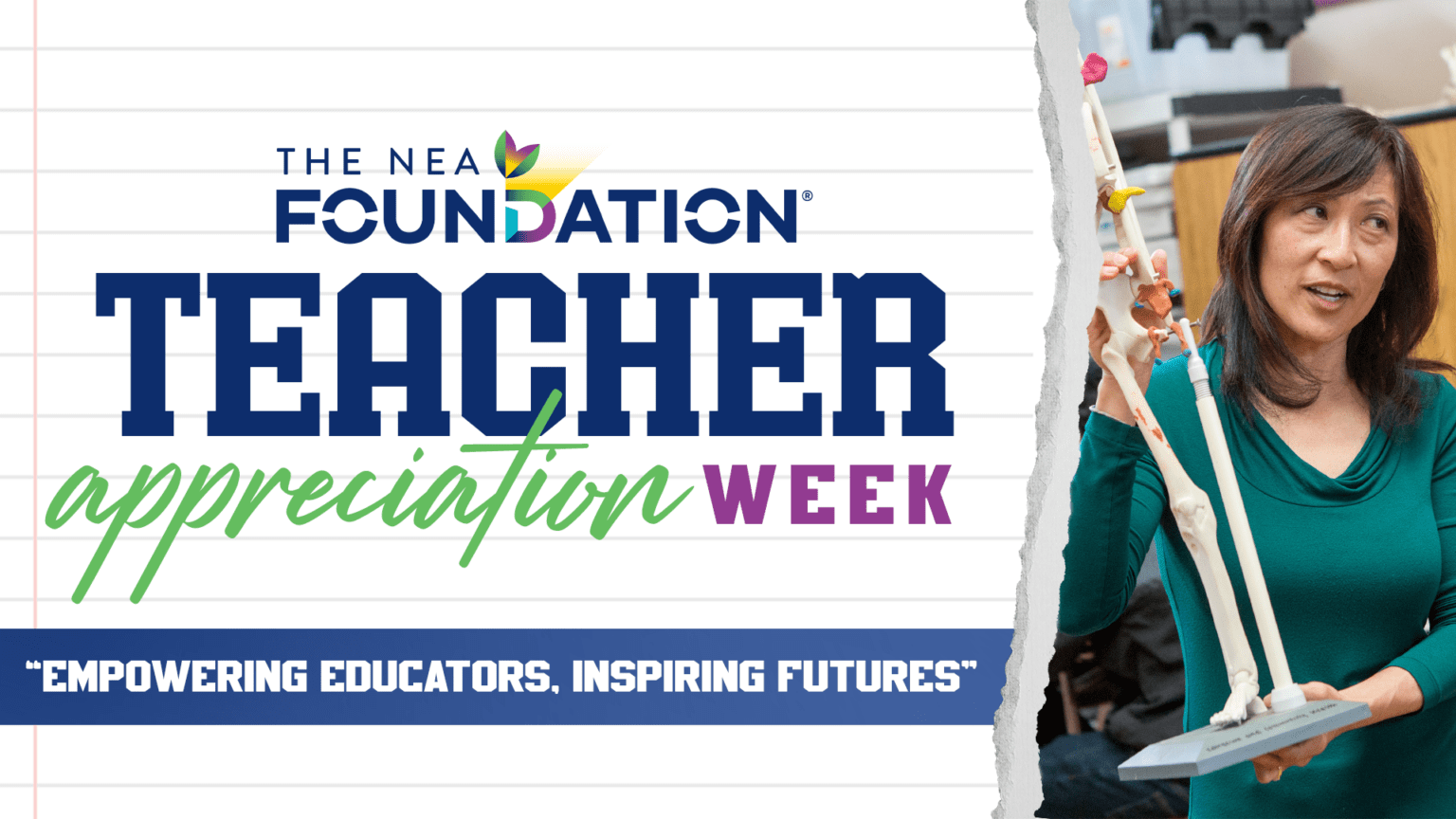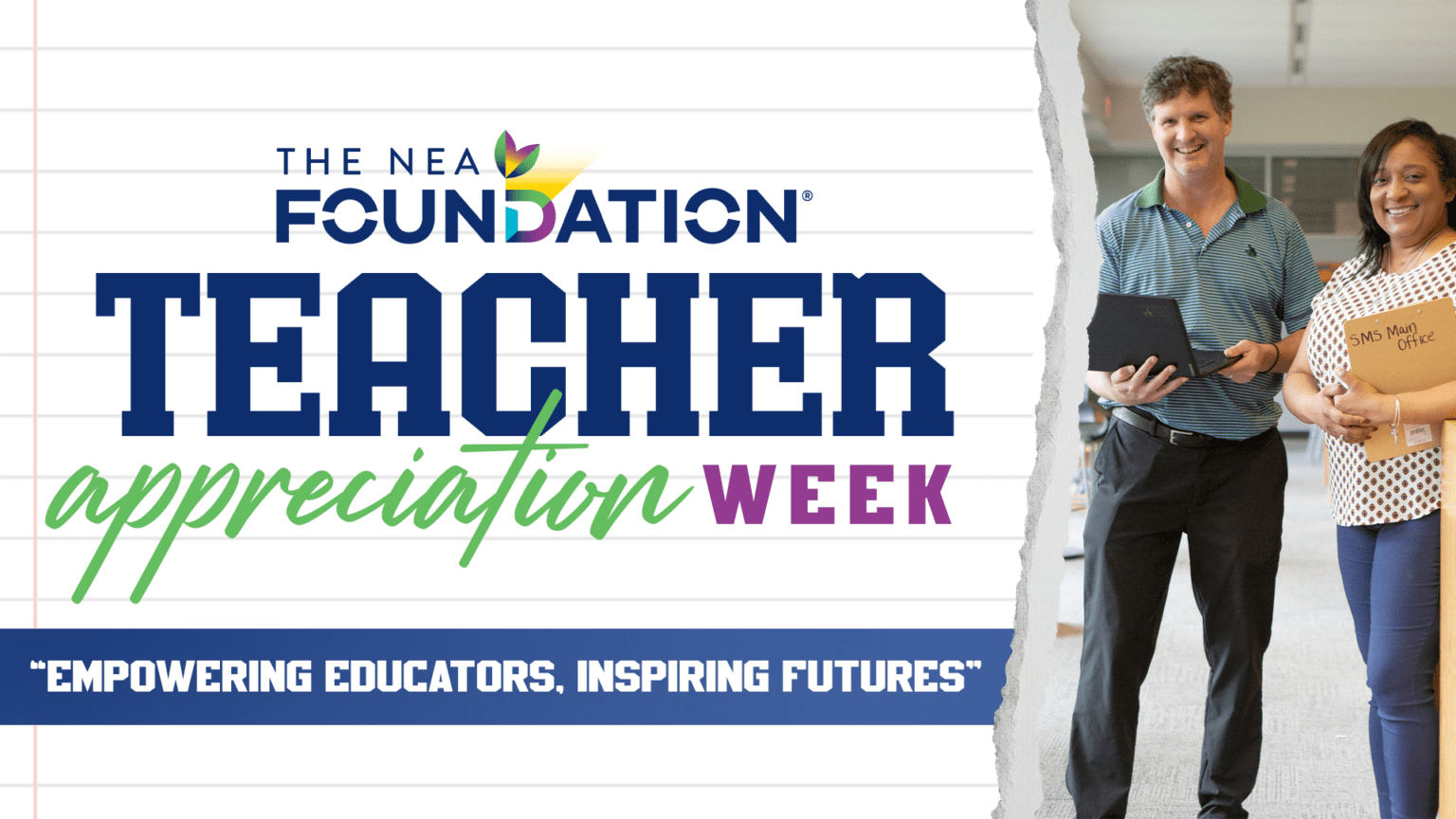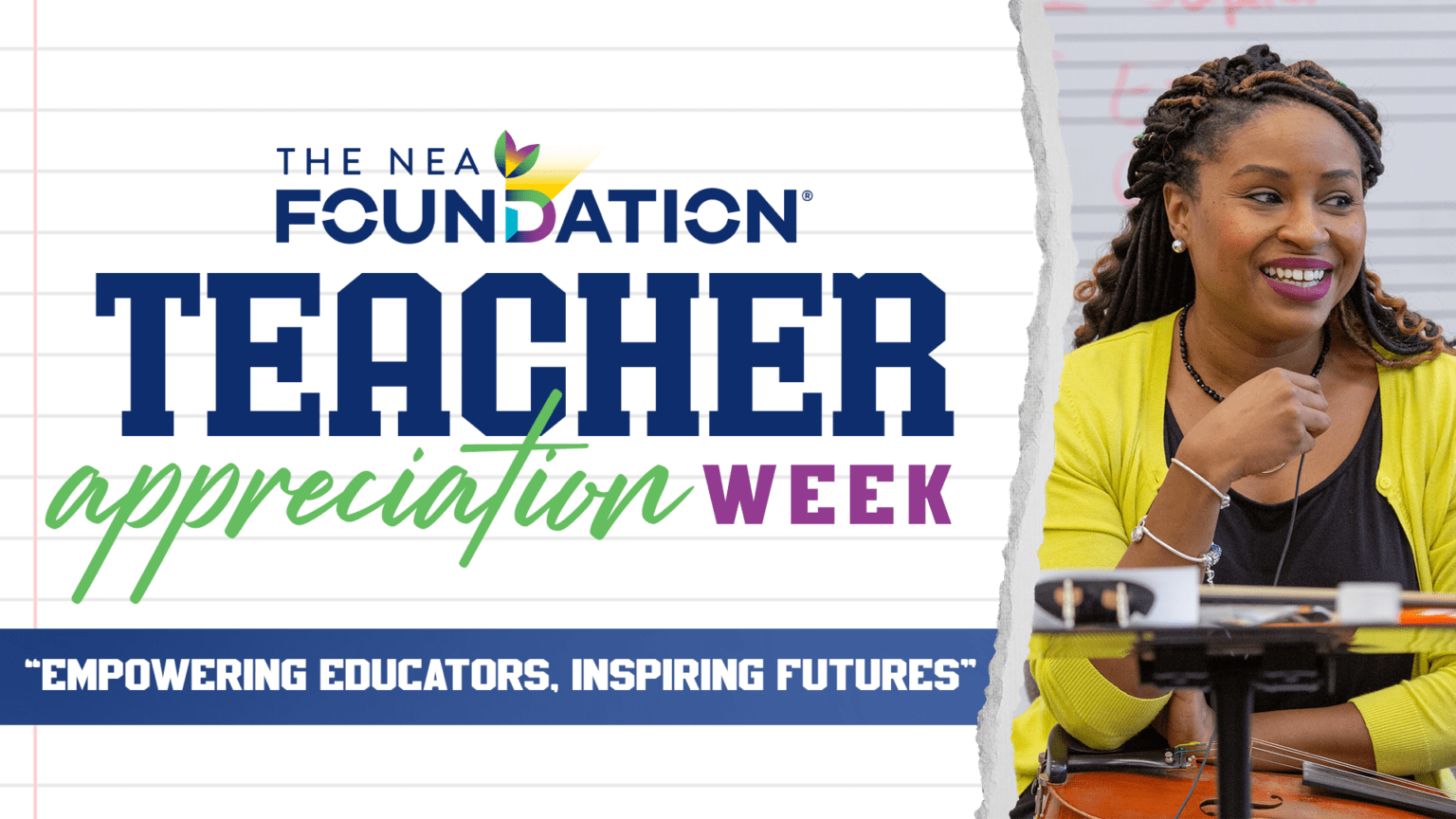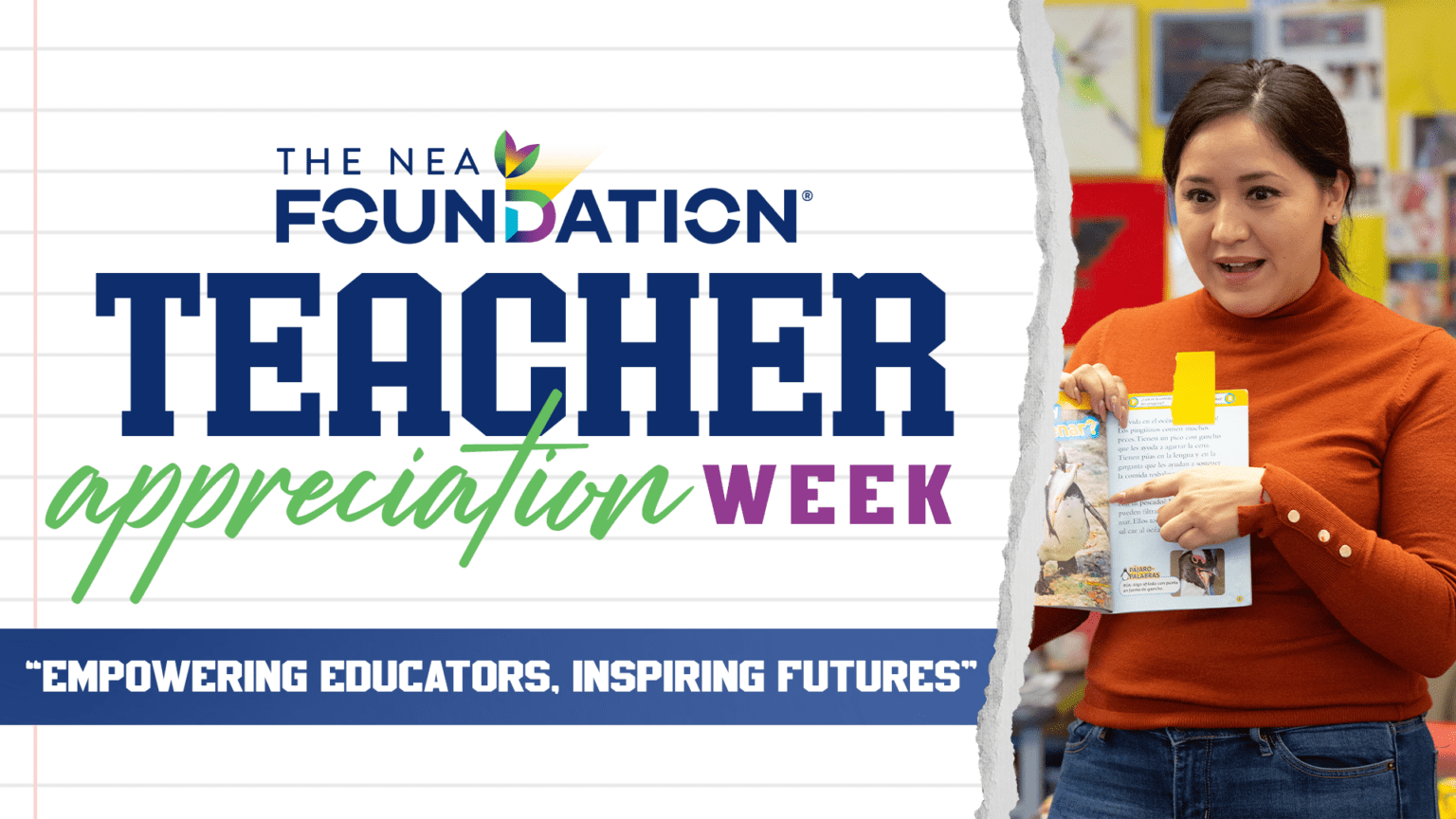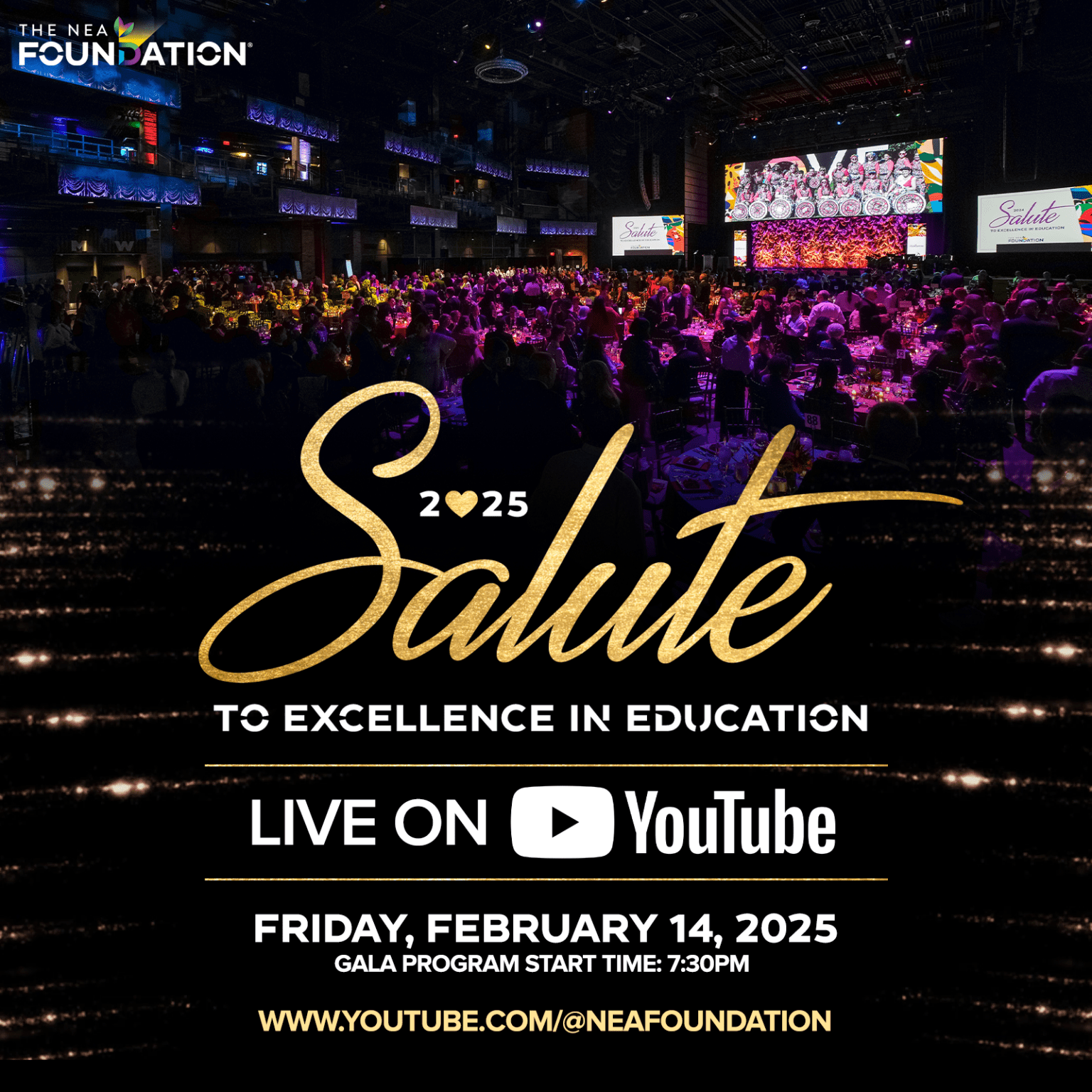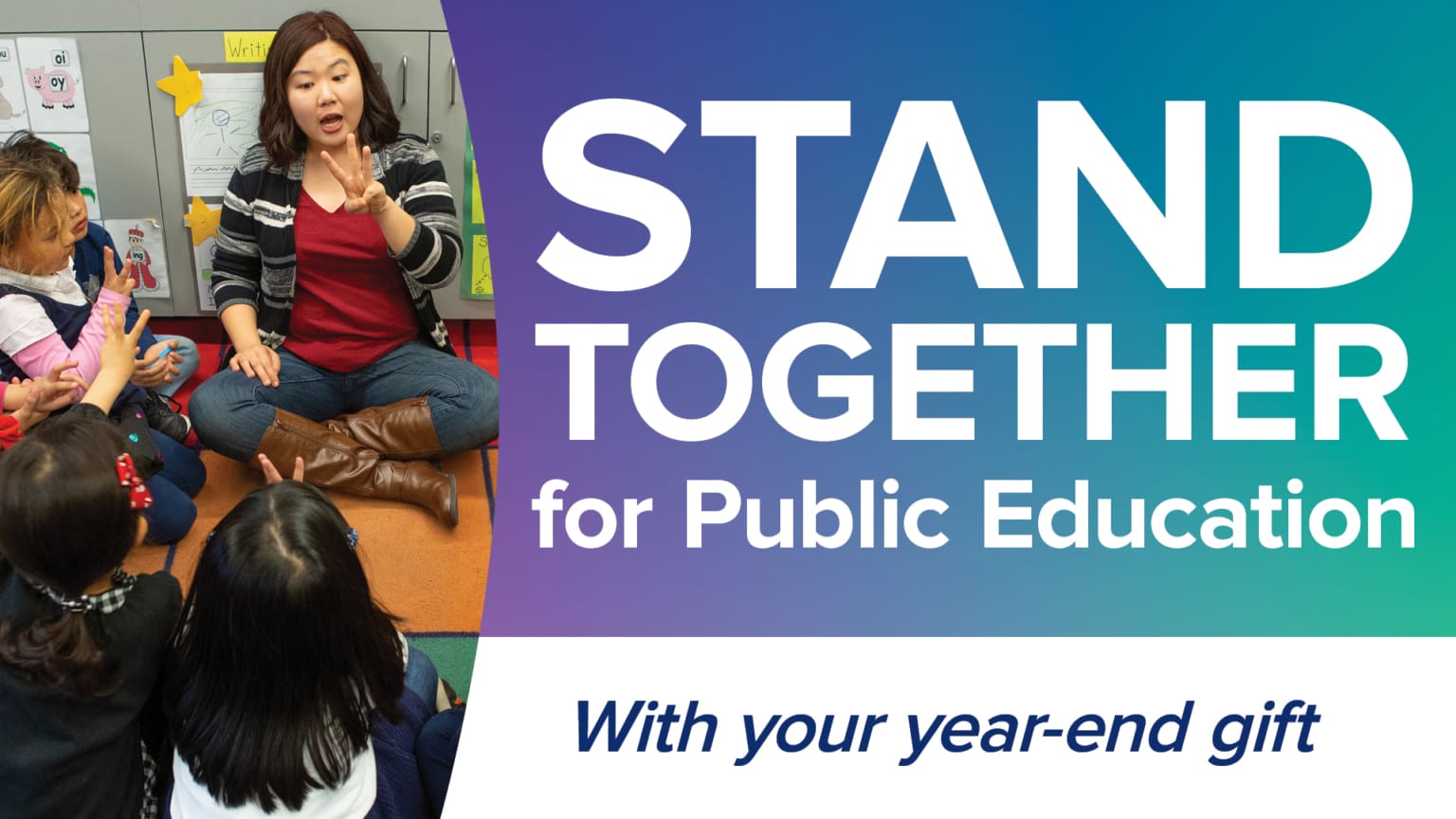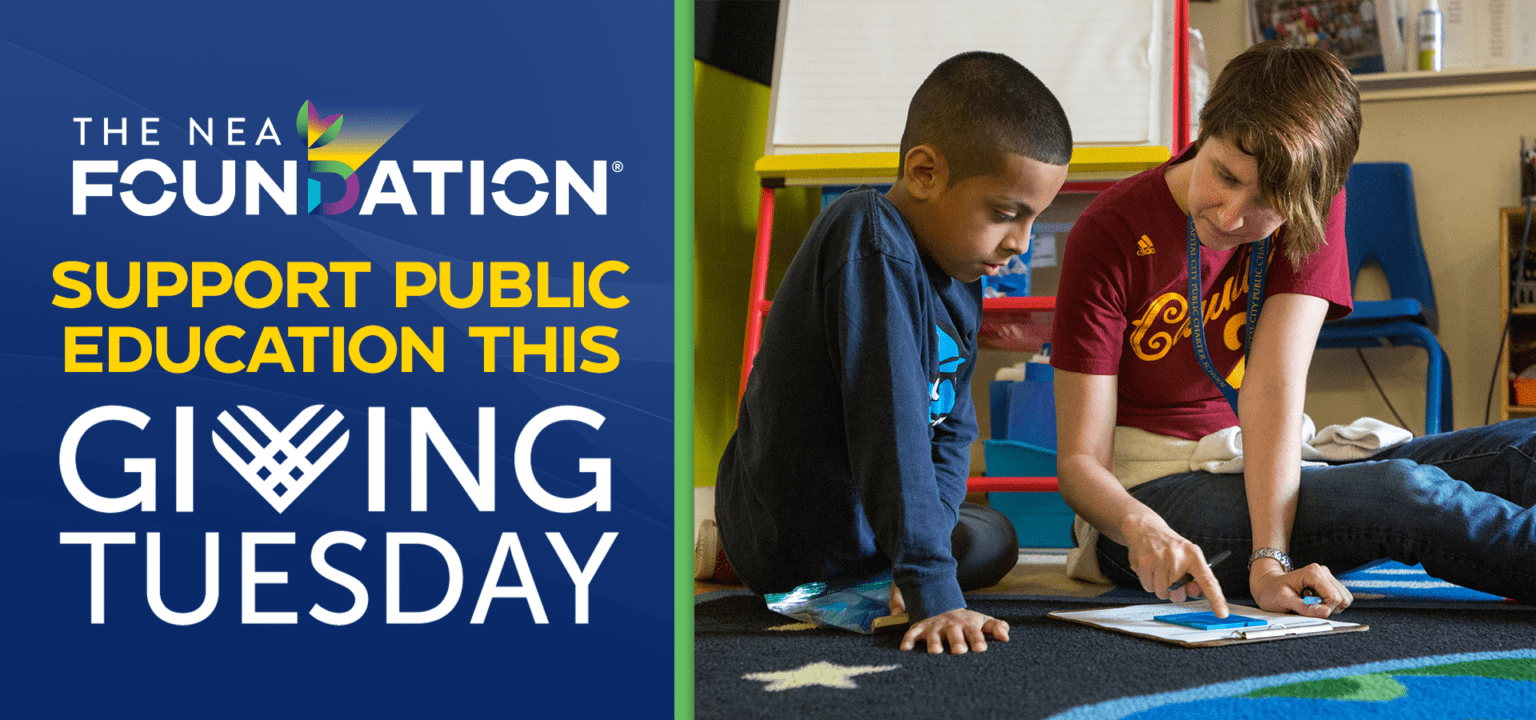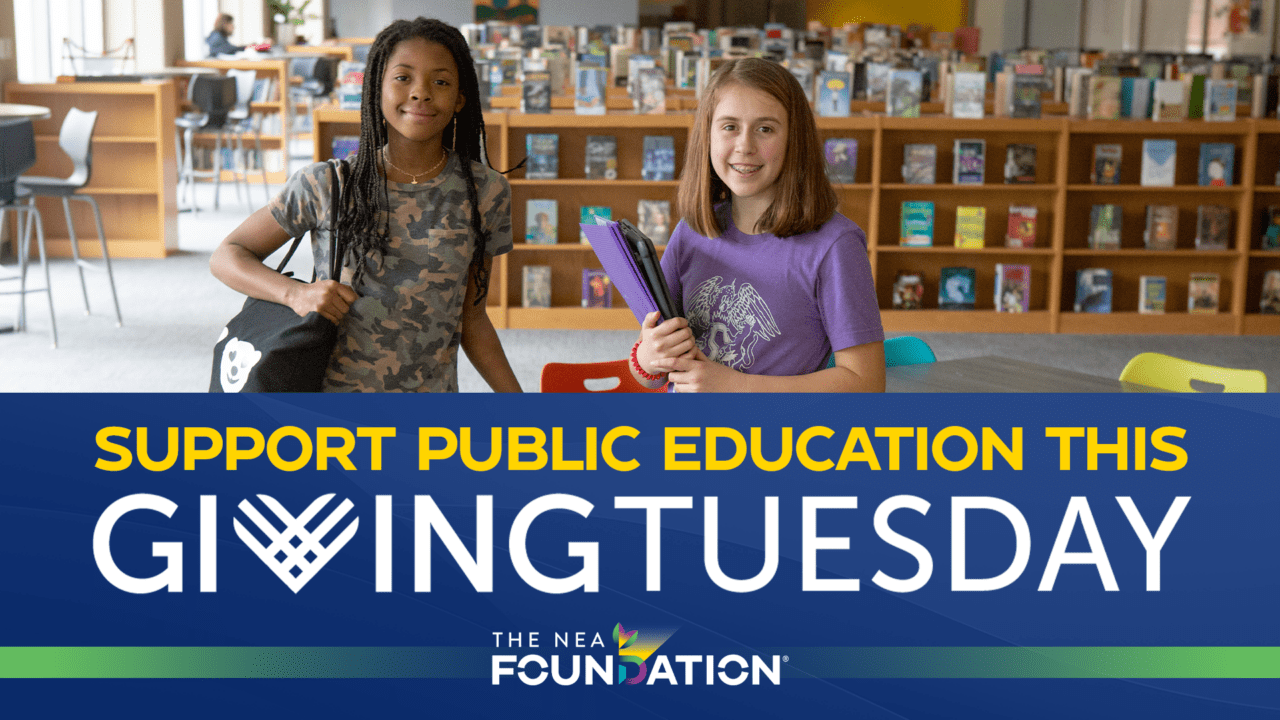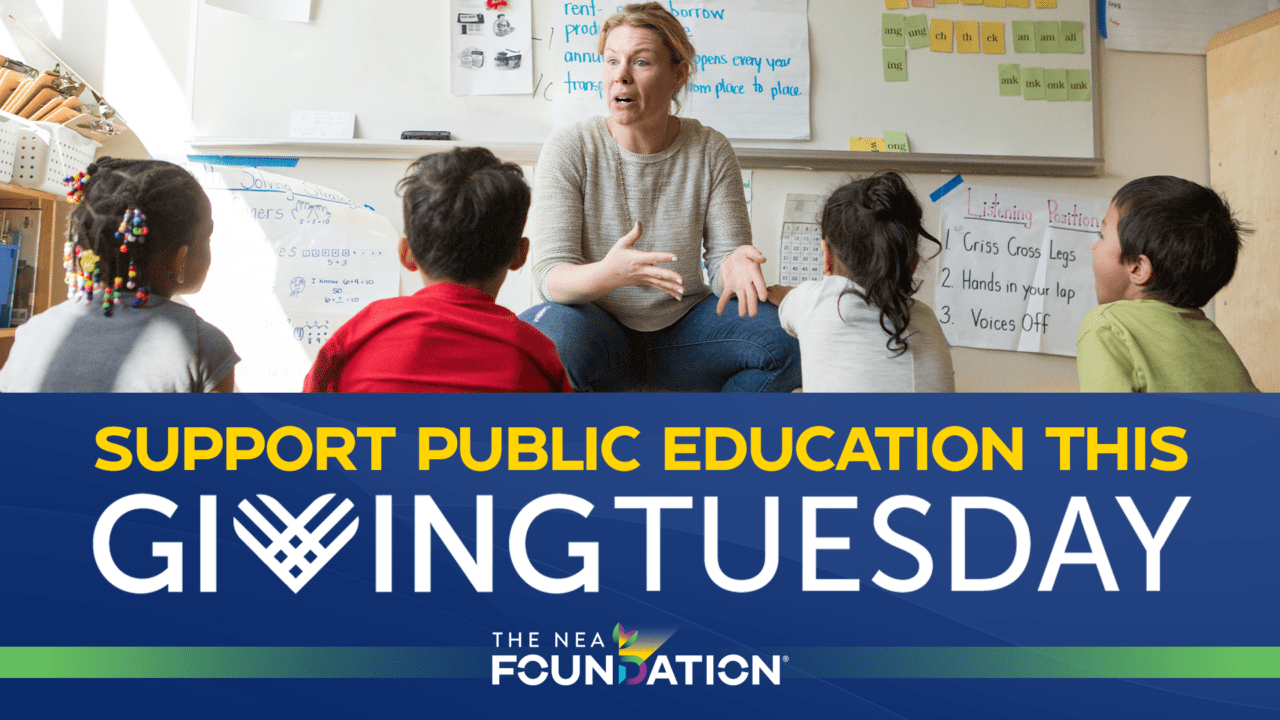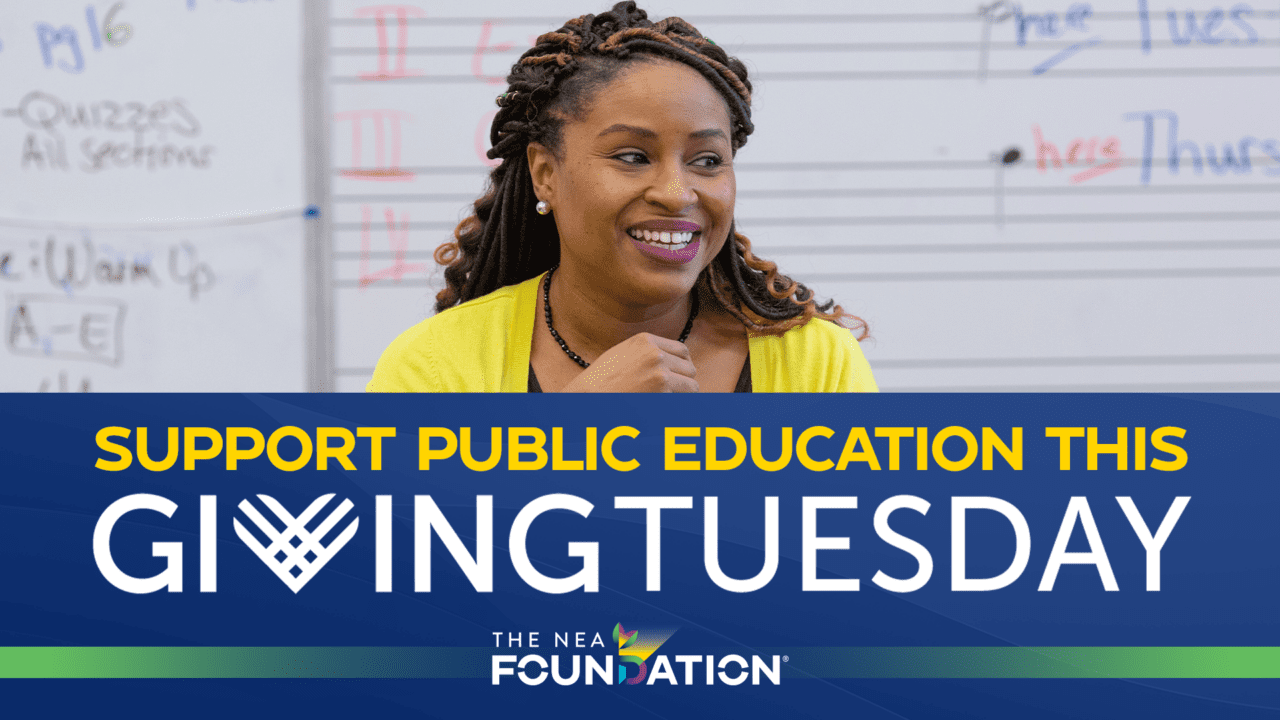
This blog series features the NEA Foundation Global Learning Fellows, a cohort of public school educators who participated in a year-long supported professional development learning experience to build global competency skills. The fellowship included international field study and resulted in a set of global learning unit/lesson plans and curriculum that are available to all educators online. This blog post features Ted Eischeid, a Class of 2014 Global Learning Fellow and educator at Theisen Middle School in Fond du Lac, WI.
Download Ted Eischeid’s global lesson plan on BetterLesson.com.

Photo by Flickr user NASA Goddard Space Flight Center
As a middle school science teacher, I am constantly thinking about how to deliver an engaging science experience to my students that helps them develop perspective and empowers their lives through global competency. In the summer of 2014, I had a chance to travel to China. The experience in this bustling country, with its ancient culture juxtaposed against a robust economy, gave me pause to consider a perspective I’d learned a long time ago from my environmental education training: “Lifeboat Earth”.
One of the great things international travel can teach us is perspective. As teachers, this can inspire us to develop lessons offering global competency for our students. My trip to China made my world smaller. The Earth—or our “lifeboat” that meets all our needs and harbors our dreams—is populated by more than seven billion humans. Despite our vast number, we are similar as we celebrate our individual and cultural differences. We want secure lives with peace and prosperity; we want a fair life for our children; we want hope in the future for ourselves, our families, our country, our species and our home—the Earth. In the end, we are all in the same lifeboat and how we work together in a global world will determine our hope in the future.

Students show one country’s average, daily solid waste as represented by crumpled paper. Photo by Sarah Ludwig of Woodworth Middle School, Fond du Lac, WI
Using this professional development opportunity, I formed a curricular unit with engaging activities that gives students a chance to consider their own personal resource use, the varying levels of resource use by different countries and why it varies. The unit also explores how our attitudes about resources can change as we reflect upon ourselves and our place in the lifeboat together.
In short, my week-long curricular unit allows my students to develop a global competency perspective that can inform them for the rest of their lives as they navigate our increasingly crowded lifeboat. The world is getting smaller every day. Let’s give our students the wisdom to help our global community soar.
Disclaimer: This blog contains the views, opinions, and positions of the author alone and do not represent those of The NEA Foundation. The accuracy, completeness, and validity of any statements made within this blog or information found by following any link in this blog are not guaranteed. We accept no liability for any errors or omissions in this information. The copyright of this content belongs to the author and any liability with regards to infringement of intellectual property rights remains with them. These terms and conditions of use are subject to change at any time.

